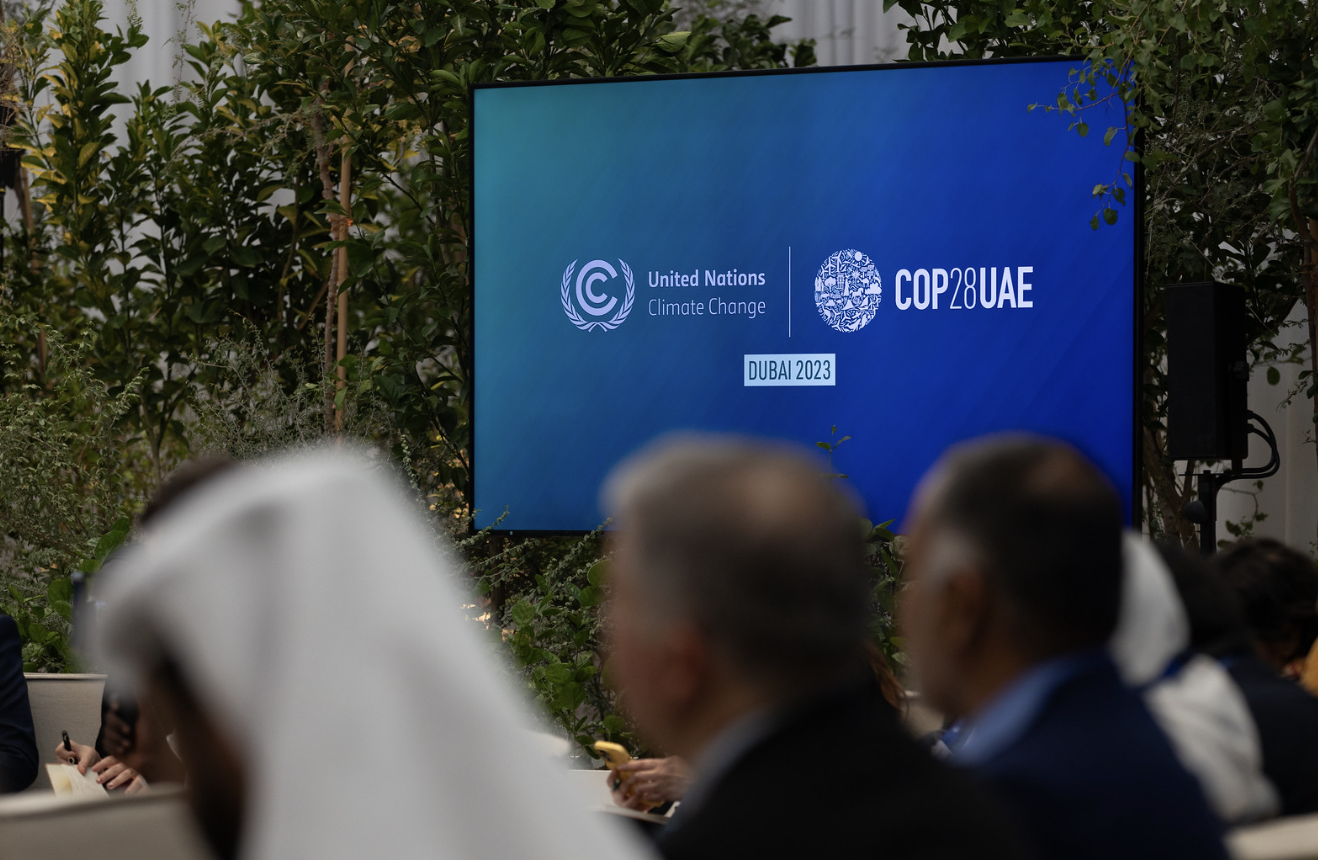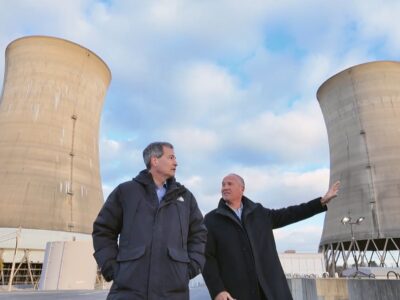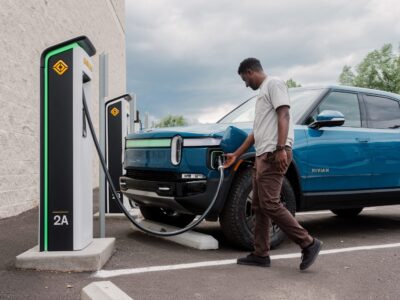The 2023 United Nations Climate Change Conference, or COP28, was held Nov. 30–Dec. 13, as world leaders continued to agree to global policies to maintain the 1.5-degree Celsius above pre-industrial levels warming threshold outlined at the first meeting in 2015. Now in its 28th edition, this UN conference has become the center of attention for several reasons. The recent meeting held in Dubai had some accomplishments reached amid a score of political jockeying and lobbying.
Reuters reported that 118 countries agreed to triple global renewable energy capacity by 2030. The pledge, announced on Dec. 2, came after a week of debate on steps to decarbonize the planet and the global energy sector. It was determined that nuclear energy expansion would be paramount to achieve this goal. Phasing out private financing for coal power and methane emission reduction was also considered a vital step in slowing global warming.
The pledge was introduced by the United States, EU, and the United Arab Emirates (UAE) and backed by Brazil, Nigeria, Australia, Japan, Chile, and Barbados.
China and India signaled support for renewable energy pledges but did not provide full backing.
In November, another Reuters report revealed a draft of the pledge. The goal was to deploy 11,000 GW of renewables by 2030. It also pledges to double the annual rate of improved energy efficiency by 4% per year until 2030.
“We have the solutions at hand, and we have already made huge strides in expanding the global renewable energy capacity and becoming more energy efficient,” the letter reads.

Photo Courtesy UN Climate Change/Kiara Worth
U.S. climate envoy John Kerry said the world cannot reach net-zero emissions by 2050 without some nuclear power. Some nations like France are upgrading their nuclear energy systems. Coal-powered nations like Kosovo and the Dominican Republic agreed to phase out the dirty fuel in favor of renewable energy. It’s unclear if that would mean switching to nuclear or other means.
The U.S. unveiled methane reduction guidelines aimed at American oil and gas companies. At the conference, Michael S. Regan, Environmental Protection Agency (EPA) administrator, told reporters the methane reduction efforts will improve air quality while keeping international climate action commitments.
New regulations are requiring more methane leak monitoring, a ban on natural gas flaring in newly drilled oil wells, and more oversight in drilling activities.
EPA estimates suggest these new rules would generate up to $7.6 billion annually in climate and health benefits through 2038 while sequestering 58 million metric tons of methane.
Nearly 200 countries also agreed to reduce global fossil fuel consumption at COP28. The decision came on Dec. 13, the last day of the conference. Countries like Norway, Canada, the U.S., the EU, and several island nations feeling the effects of warming temperatures and rising oceans championed the deal. However, the true meaning of “reduce fossil fuel consumption” has yet to be determined.
This decision came after two weeks of negotiations in Dubai, with the debate over phasing out fossil fuels entirely being pushed to the brink. Despite renewable energy commitments, Saudi Arabia and OPEC voiced their desire to keep certain fuels in play.

Photo Courtesy UN Climate Change/Kiara Worth
Many felt that COP28 held in Dubai, UAE, a city and nation built on fossil fuel capital, was contradictory. The meetings were led by President Sultan Ahmed al-Jaber, who continues to invest in his oil company, Adnoc. He is also the UAE’s special envoy for climate change. He has said he is committed to supplying low-carbon energy, including lower-carbon fossil fuels, but didn’t go as far as to say he would phase them out entirely.
The Guardian reported nearly 2,500 fossil fuel lobbyists flew to Dubai, a number gathered by Kick Big Polluters Out, a coalition against oil and coal conglomerates.
There was also concern amongst the international community that countries like Somalia, Chad, Tonga, the Solomon Islands, and Sudan had fewer representatives than these companies.
All eyes will be on the nations that participated in COP28 after the conference to see how the pledges made unfold.





